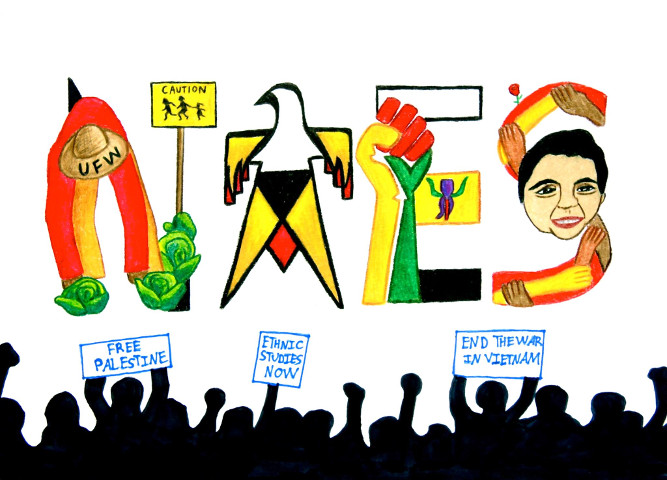Ethnic Studies Review

Orginal Publication Date
2000
Journal Title
Ethnic Studies Review
Volume
23
Issue
esr/vol23/iss1
First Page
162
Last Page
164
Abstract
Eric Wertheimer convincingly argues that inaccuracy and omission in historical narratives made an indelible mark on American identity in the eighteenth and nineteenth centuries. The ethnic diversity of America, even though sparingly portrayed in the historical writing of the time, also had an important effect on American identity. Wertheimer concludes that while American identity has a public concept, individuals determine the real meaning in private spheres. He examines five Anglo, male authors (Philip Freneau, Joel Barlow, William Prescott, Herman Melville, and Walt Whitman) to ascertain what they thought of as American history and who should be represented in it. These authors incorporated the glorious civilizations of the Incas and Aztecs to draw upon their republican precepts and counterbalance the United States against the imperial nations of Great Britain and Spain; however they erased these indigenous groups when the problem of race crept into the American identity and when the United States began pursuing its own expansionist doctrines of Manifest Destiny and the Monroe Doctrine (which resulted in the less than justifiable Mexican American War and annexation of Texas). Wertheimer argues that Melville was only one among the five to highlight the humanity of the vanquished, although Whitman should be included as well. Melville included the subaltern perspective through the use of silence as a means of their resistance. Melville along with Whitman did not allow glorification of the past to eclipse the reality of the agents and specifically the suffering of the victims.



Comments
Ethnic Constructions